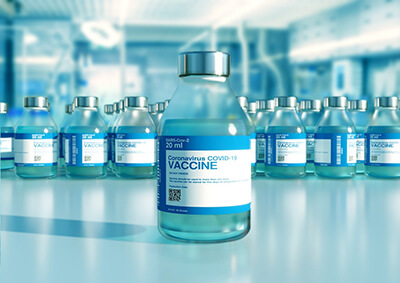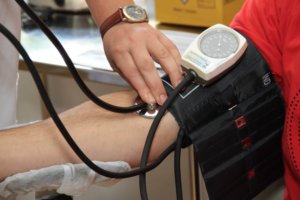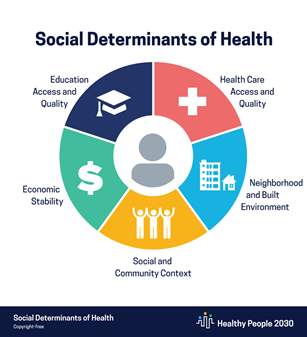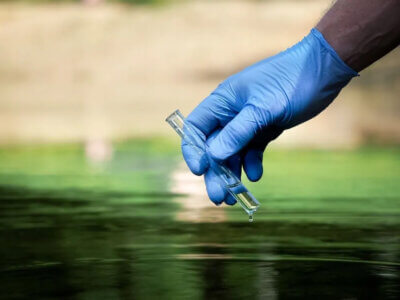COVID vaccine in Vermont
At the time of publication there will have been nearly 500,000 deaths in the United States from COVID-19 and over 100 million cases worldwide. There is good news on the horizon; many vaccines are here or in development. The vaccines referenced in this article or in development have largely illustrated the ability to prevent significant symptomatic infection, hospitalization and death.

COVID vaccines will help our communities develop herd immunity, where most people are protected against infection from the virus, and therefore lower the degree of overall spread. Scientists still cannot say for certain how long immunity lasts or whether a vaccine is better at preventing infection than having had COVID-19 infection itself.
We do know that mass vaccination will slow spread and death from this virus. On Dec. 11, 2020, the U.S. Food and Drug Administration issued the first emergency use authorization (EUA) for a vaccine for the prevention of coronavirus disease 2019 (COVID-19) caused by the coronavirus we are all focused on (SARS-CoV-2) in adult humans.
The emergency use authorization allowed the Pfizer-BioNTech COVID-19 (people 16 years and older are eligible) and Moderna vaccines (age 18 years and older) to be distributed in the U.S., and the campaign began in our state on Dec. 15, 2020.
New developments emerge almost daily. At the time of publication it is likely Johnson and Johnson will have applied for an EUA for their single shot Janssen vaccine, which has been trialed in over 40,000 people (with no anaphylaxis side effects) and showed 85% efficacy in preventing severe disease. The newer vaccines are almost all 100% effective against severe disease and remain in development: AstroZeneca/Oxford, Novavax, J & J, Gamaleya National Research.
Effectiveness of vaccine against emerging variants and re-infection is an active area of study at present. In his press briefing on Feb. 2, Governor Scott alluded to ways to boost the import of vaccine to Vermont and stated that we should see more in coming weeks. There are currently vaccine appointments available through the Vermont Department of Health for Vermonters age 75 and older. The next age band will be in Vermonters age 70 and over, and then 65 years and up will follow. You need to have had your birthday and be the actual age to sign up.
Kinney Drugs pharmacies are the only Vermont official vaccine delivery partner, and you can sign up for a vaccine at Kinney’s on either the Kinney website or the state website. The COVID-19 vaccine should be given 14 days apart from any other vaccine.
To get your vaccine, sign up on this website. There is a video on this website on exactly how to register. Or visit Kinney Drugs’ website, or call (855) 722-7878.
Here is some helpful background information on immunizations from Charlotte Central School students to round out this conversation regarding COVID-19 vaccine:
Your immune system plays a huge part in how your body protects you from diseases and viruses. One part of your immune system is something called an antibody, or immunoglobulins, that is produced by the immune system when the body recognizes a pathogen (a disease-causing organism). These act as the defense system for your body and have specific pathogens that they protect you from. They latch themselves onto specific antigens (foreign substances that the body recognizes as something harmful) and then call for another part of the immune system called lymphocytes to come and destroy the harmful antibody.
Once they are made, the antibodies stay in your immune system to help fight off future antibodies. Vaccines contain a weakened or inactive part of the antigen that triggers the immune system to make antibodies against the weakened antigen, so that they are not harmed by the antigen, but the immune system can train itself for future encounters with a more harmful version of this antigen.
COVID mRNA vaccines are a new vaccine that scientists have made to combat COVID. The mRNA vaccines work by giving our cells a piece of something called a spike protein. A spike protein is the reason our bodies get infected by viruses. Spike proteins have little spikes (hence the name) that act like keys to get into our bodies. Once they’re in our bodies they can multiply, infecting our bodies. When the mRNA vaccine puts the instructions in your immune cells, the cells then know how to make a piece of a protein that can fight off the virus. Once the cells know how to make the proteins, they break down the instructions and get rid of them. After our bodies make the proteins, our bodies can fight off the virus when we get infected, keeping us safe.
Related Stories
Popular Stories
If you enjoy The Charlotte News, please consider making a donation. Your gift will help us produce more stories like this. The majority of our budget comes from charitable contributions. Your gift helps sustain The Charlotte News, keeping it a free service for everyone in town. Thank you.
Andrew Zehner, Board Chair








